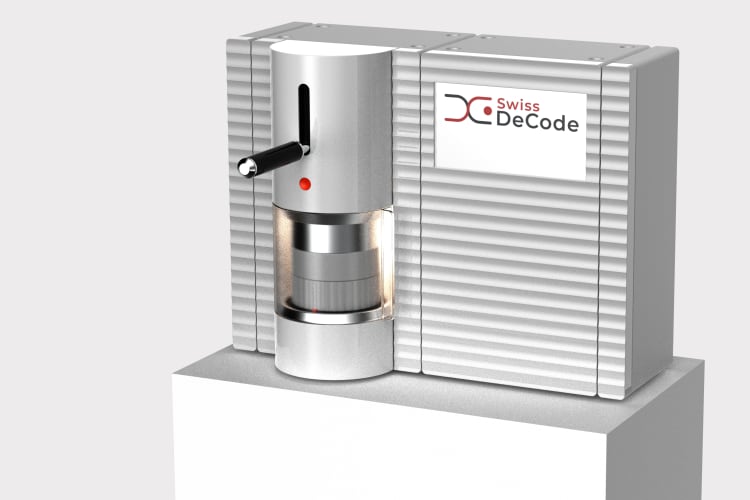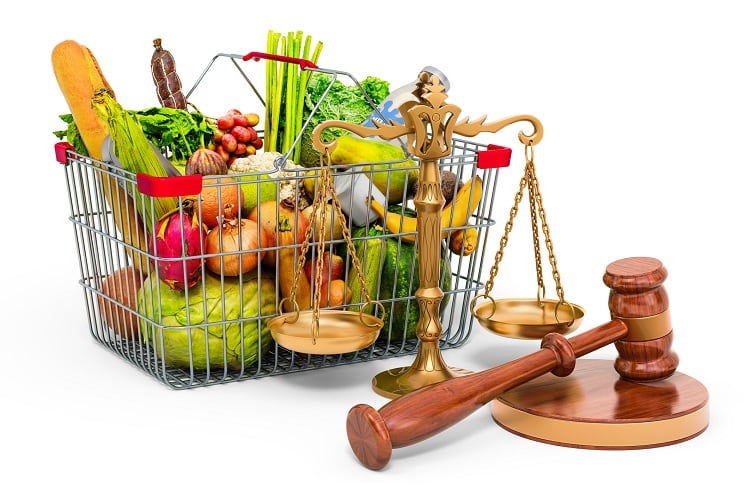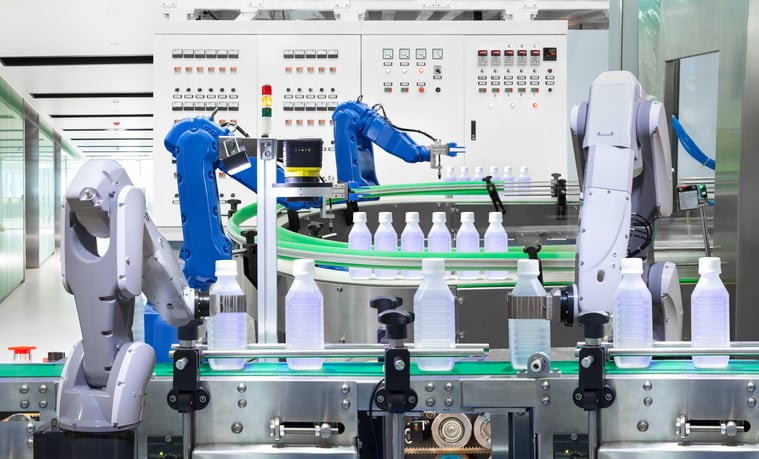"Food safety compliance is an extremely important topic for the whole world," FoodDocs CEO told FoodNavigator, pointing to the 500,000 foodborne diseases each year that prove deadly, one-third of which occur in children under 5-years-old.
Food safety and compliance is also an extremely complicated topic, Liivat continued, suggesting that any lack of compliance often boils down to a lack of understanding.
"According to local authorities, the biggest challenge is that smaller food businesses don’t take responsibility for their actions and think that compliance is for the inspectors," she observed.
But from a food business perspective – particularly for SMEs – companies and individuals can feel like they are drowning in data.
"Food safety is an extremely important and complicated topic, that needs to be more clear and easy to understand for everybody.
"FoodDocs has more than 8000 users from all over the world and according to their feedback, food safety rules are too complicated to understand, they are too long, and there are too many of them. Just a simple example, if you want to start selling smoked fish, you need to comply with 37 different regulations, a total of 350 pages. These numbers show that this topic needs to be resolved and old systems are not good enough."
Having worked as a food safety consultant, as well as managing a ’large’ catering company, that this pain-point was standing as a barrier to companies setting up effective HACCP plans was all too clear to Liivat.
And, when HACCP plans were in place, she observed another worrying trend: "I also noticed that once the HACCP plan was set up, it was left in the corner of the kitchen until the inspector came to inspect the business, even after explaining why it’s important to follow all the rules. It’s not right, nor logical.
"But as always, if something is not working, find the issue and try to replace the existing solution with better one."
FoodDocs’ answer? Artificial intelligence.
When Liivat met FoodDocs co-founder Karin Repp, she came up with an idea to set up an HACCP builder that uses AI ’to grow smarter in time’. "We started to create the prototype with the help of an EU grant... Three years later, it is great to see that we have so many customers joining FoodDocs every day from the UK, US, Australia and Canada who find our solution very useful."
According to Liivat, FoodDocs' tech makes setting up an HACCP plan 'totally pain-free’.
How does it work?
When a customer starts using FoodDocs, they create a profile by answering ’simple questions’ that build up a complete picture of the business. Answers are even provided in a drop down list.
"According to customers’ answers and previous similar customers' data, the platform sets up a HACCP plan. As a virtual food safety specialist, the system even compiles the most complicated documents, like flow charts, risk assessments, monitoring sheets, etc.
"The platform has a built-in solution for creating different floor plans including waste, water and sewerage plans. Customer can easily create the plans with the built-in tool, just by dragging all the needed points and arrows onto the plan. After that, the customer can customise a completed HACCP plan according to his needs.
"By answering simple questions, we explain what rules they need to follow and why it is important, also we give them an easy tool to follow them."
All of this is tailored to meet the requirements of local food safety legislation, the food tech entrepreneur continued. "Machine learning analyses local food safety rules in different regions and gives suggestions according to the customer’s profile. With FoodDocs AI, a compliant food safety system is built within less than two hours. This makes it 500 times faster than any of today’s alternatives."
And one of the real benefits of AI is that the system continues to ’learn’ as more data is inputted from different sources. "If the customer decides to change any data (for example, to add or remove food safety-related risks, monitorings, etc), the information is used for the next users with a similar profile."
Digital documentation
While a paper-based version of the HACCP plan can be printed off, Liivat recommends storing the plan digitally because it's ’faster, cheaper and accepted by the authorities just like the paper version’.
The use of digital also helps address that other issue Liivat identified – that plans were often ’left in the corner’ and forgotten about. "It is easier to show the digital HACCP to your staff since it contains necessary monitorings, audits, training videos, instructional photos and all other practical details they need to master their job."
An added benefit, she continued, is increased flexibility: "Digital HACCP also can be changed, because - especially during the last year - the food industry is restructuring every day. There are more ghost kitchens, producers, retail shops, delivery businesses, less food service companies."
Ultimately, Liivat believes FoodDocs can contribute towards a safer and more compliant food sector.
"FoodDocs’ mission is to make all food safe to eat and safety rules easy to follow.... If it were easier to set up your compliance system, everyone would be more prone to actually being compliant. And as a result – all food would become safer to eat, for everyone."




